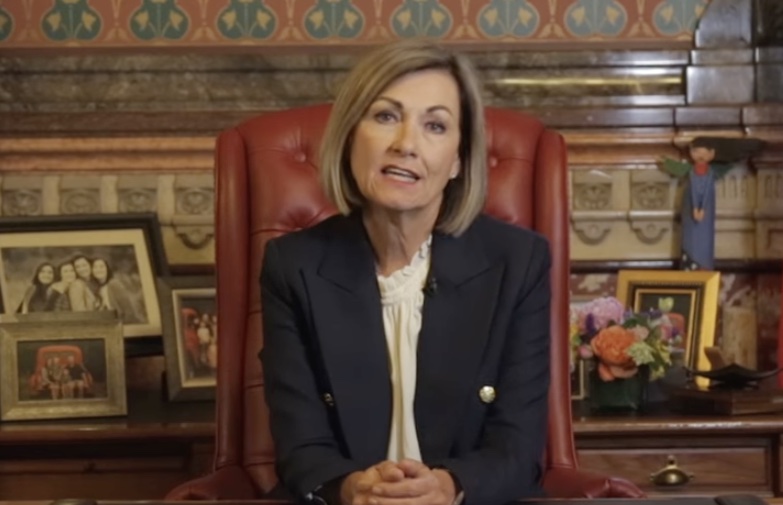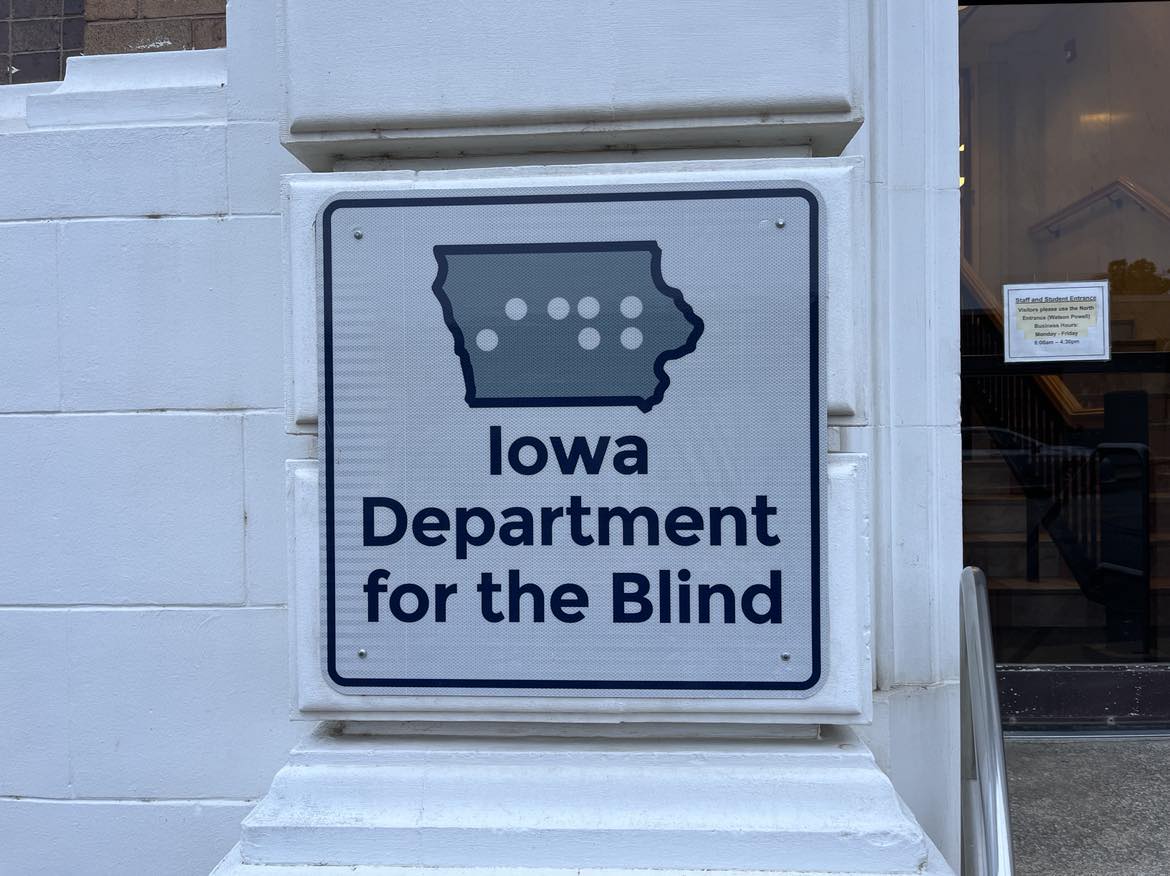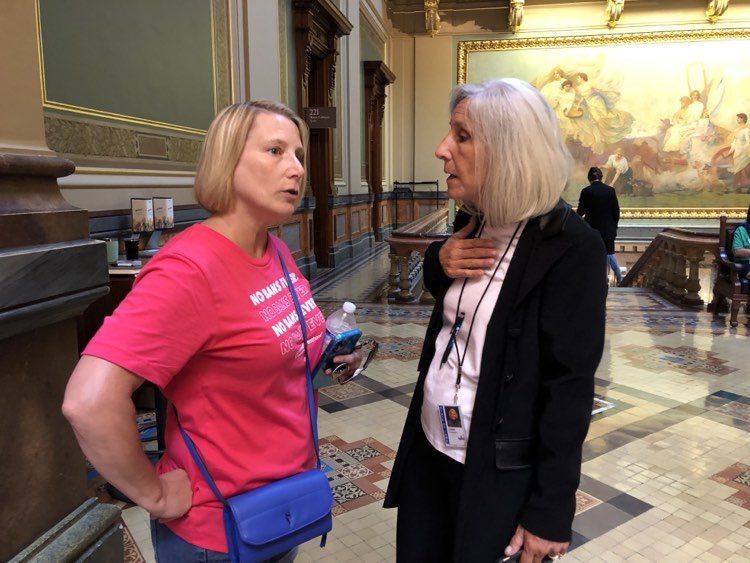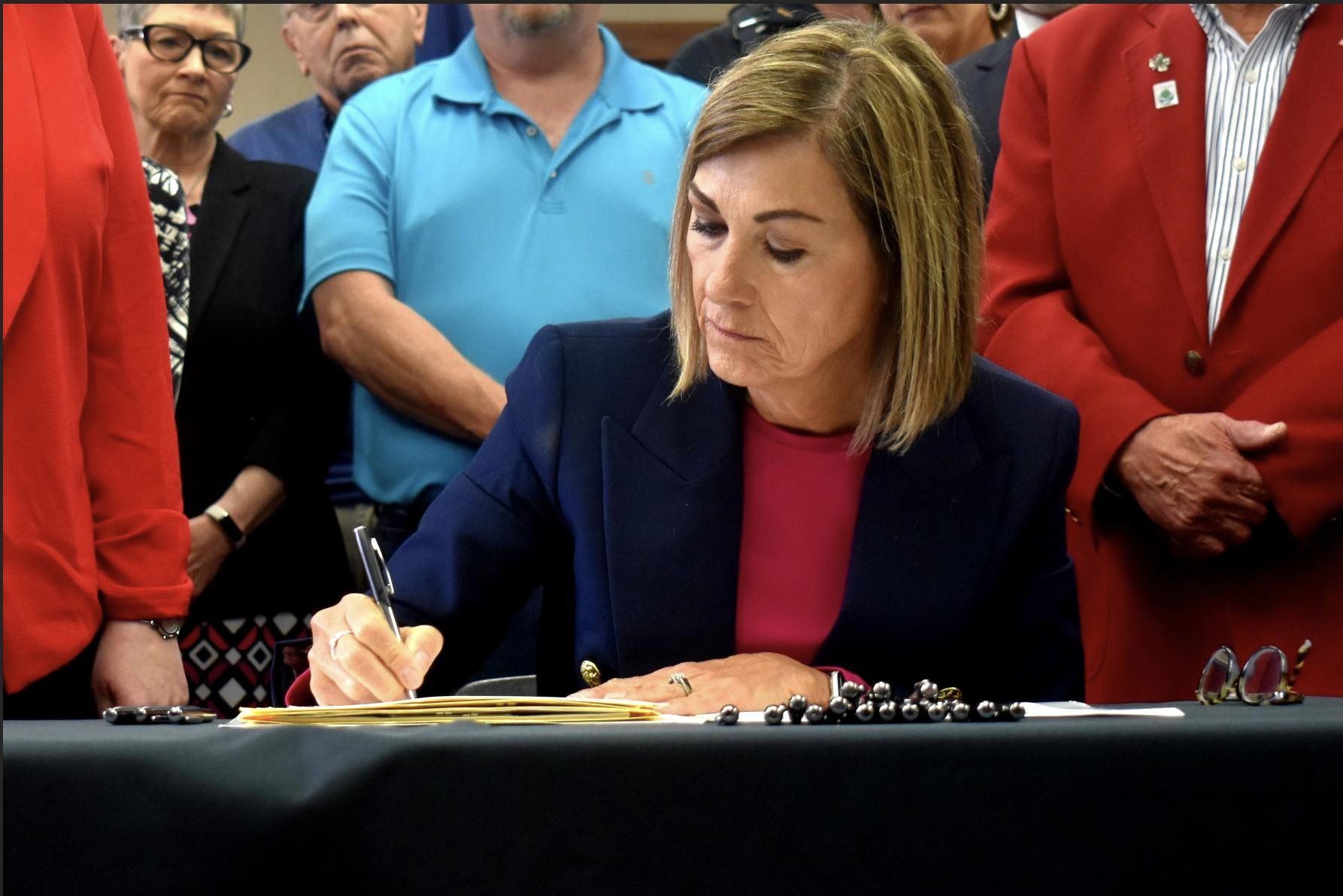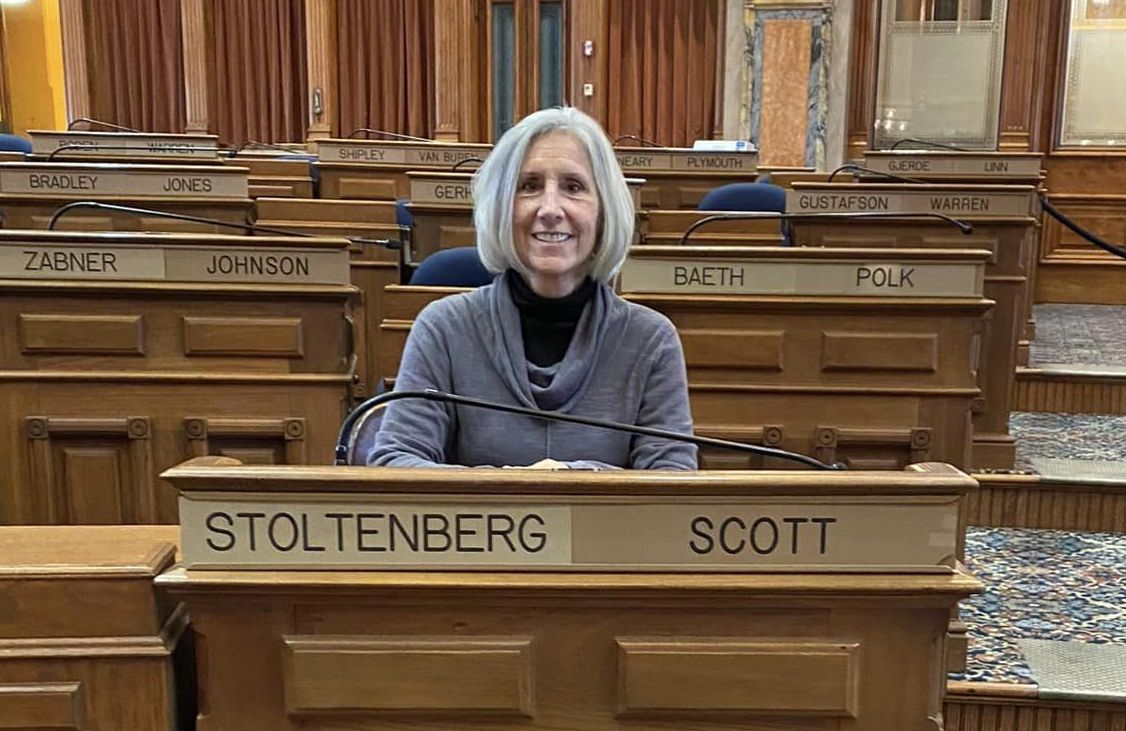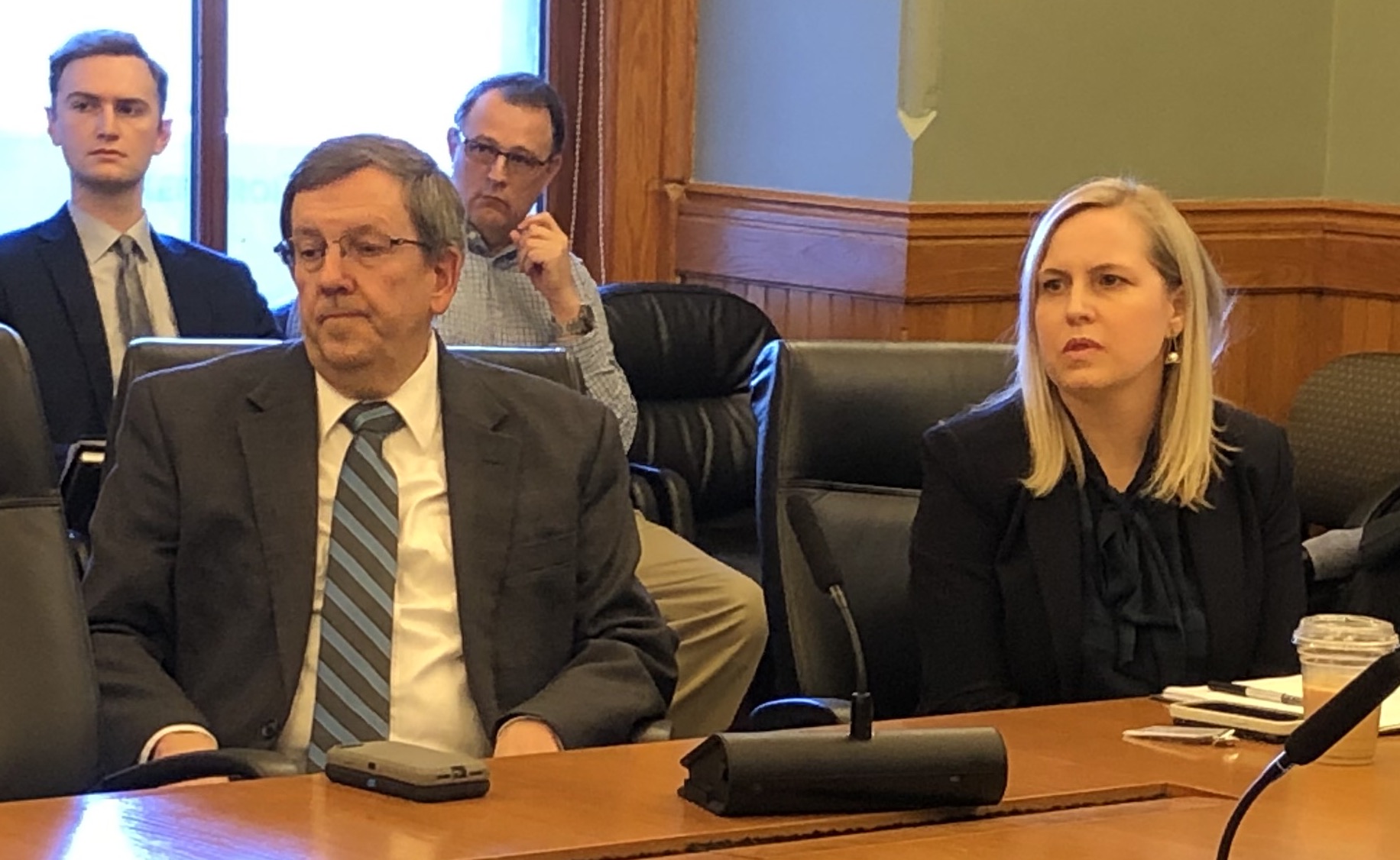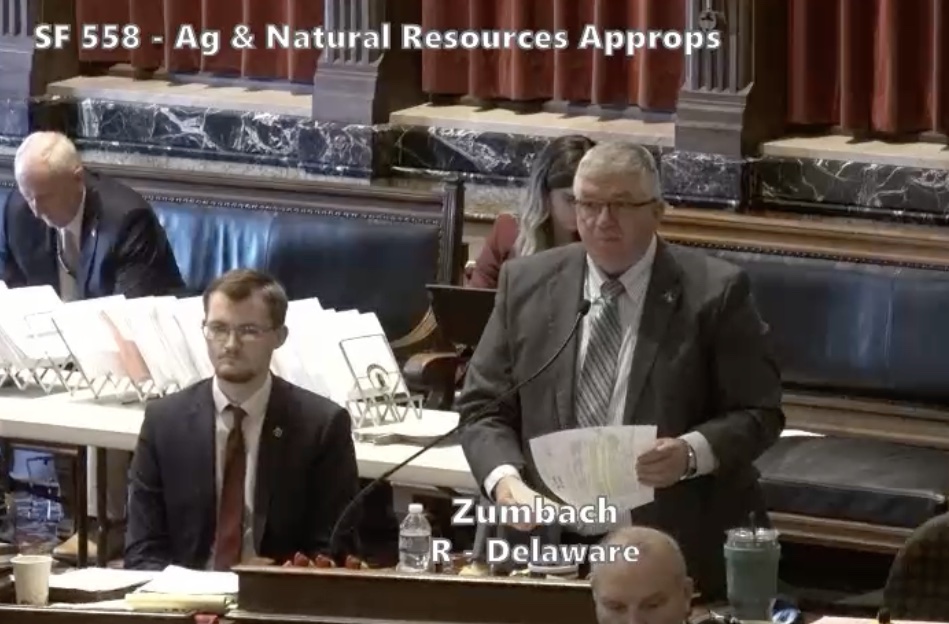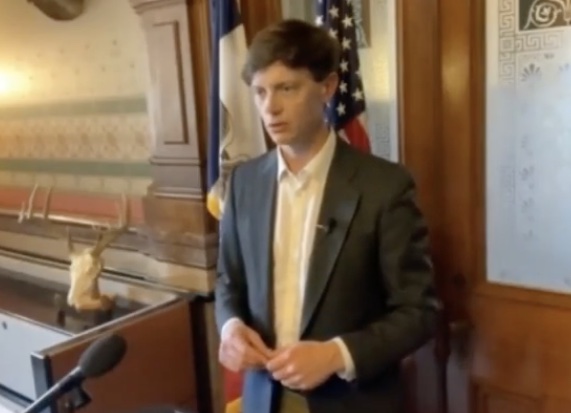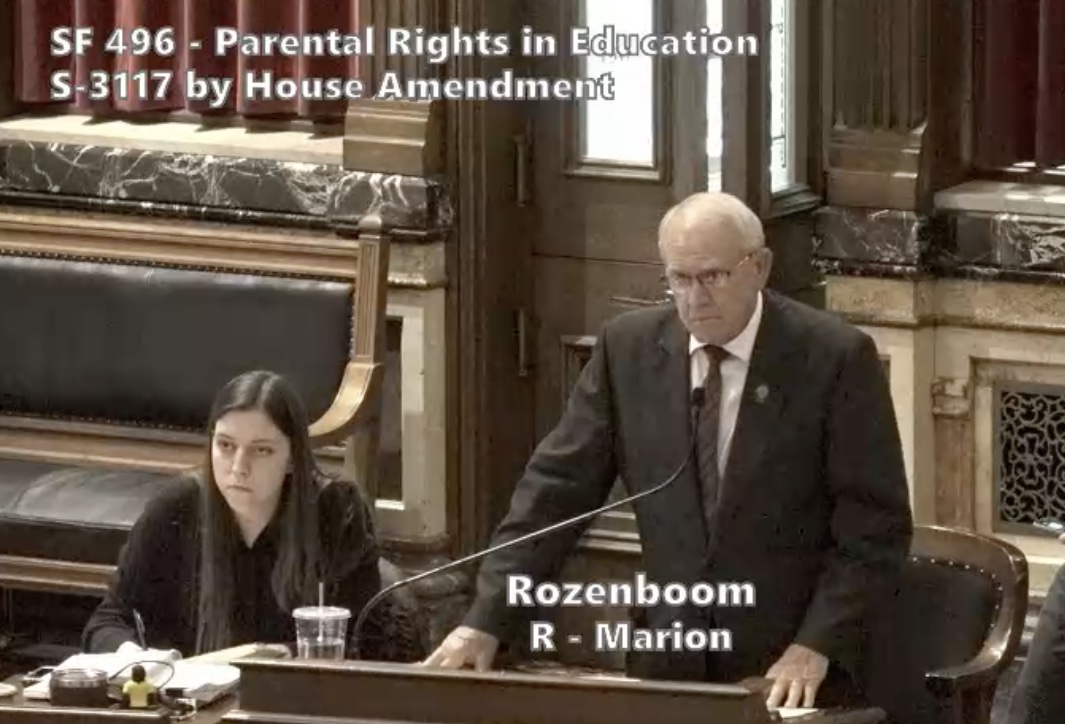Iowa Restaurant Association President Jessica Dunker is not happy that the U.S. Department of Labor is fining Iowa restaurants for youth employment violations.
The association has warned its members that federal officials “are taking massive punitive action” against restaurants that follow Iowa’s child labor law. Dunker told the Des Moines Register’s Kevin Baskins that the enforcement actions “are literally going to put people out of business” and accused the federal agency of targeting her association’s board members and award winners. Baskins profiled one Subway franchise owner who is “a nervous wreck” potentially facing “huge fines.”
Iowa Restaurant Association leaders should have expected this scenario when they successfully lobbied the legislature to relax youth employment rules in 2023. U.S. labor officials made clear last year that Iowa’s new law (known as Senate File 542) was “inconsistent with federal child labor law in several respects.” They promised the federal agency would “vigorously enforce child labor protections across the nation,” and said employers violating federal law could face “various penalties, including civil money penalties.”
Dunker’s group and the Iowa Department of Inspections, Appeals, and Licensing downplayed such risks when educating restaurant owners about the new state rules.
Continue Reading...







